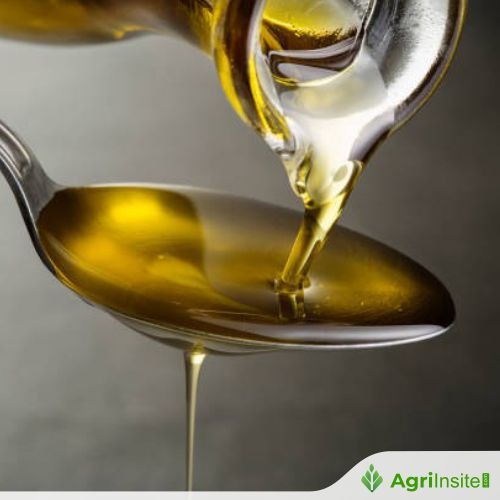Edible oil manufacturers allege duty evasion via Nepal

Two top edible oil associations allege Nepal is rerouting imported oils from countries like Argentina and Brazil to India, dodging tariffs. Despite India’s recent customs duty hike to protect local producers, duty-free imports under the South Asia Free Trade Agreement continue. This has led to revenue loss, hit Indian refiners and farmers, and prompted official scrutiny.
Two top industry associations of edible-oil manufacturers have alleged that traders in Nepal are avoiding Indian tariffs and exporting more cooking oil than the country produces, implying that the commodities are first imported into Nepal from major producing countries such as Argentina and Brazil and then rerouted to India.
On September 14, 2024, India upped the basic customs duty on crude soybean oil, crude palm oil, and crude sunflower oil from 0% to 20%, taking the so-called effective duty on crude edible oils to 27.5%. The basic customs duty on refined palm oil, refined sunflower oil, and refined soybean oil was raised from 12.5% to 32.5%, taking the effective duty to 35.75%. These import taxes were raised to boost local production and farm income.
Nepal levies a 10% tariff on edible oil from countries other than in south asia and because of the free trade agreement between the two countries, India doesn’t levy any duty on imports from Nepal.
Under the South Asia Free Trade Area arrangement, India allows duty-free imports of various commodities. Cooking-oil processors have alleged that Nepal’s imports of edible oil have consistently exceeded it own requirement. The Indian Vegetable Oil Producers’ Association (IVPA), the apex body of the edible-oil industry, has flagged this “concern” to the “highest levels” and various authorities, including the agriculture ministry, an IVPA official said.
In February, the Solvent Extractors’ Association of India (SEA), another association, requested the Prime Minister’s Office, in a letter, to vet a “massive influx” of refined soybean oil and palm oil from Nepal and other South Asian countries.
“The Indian embassy in Kathmandu itself highlighted issues of tariff evasion through the re-routing of third-country exports via Nepal,” IVPA’s president Sudhakar Desai said.
India is a major importer of edible oils, which meet nearly 55% of domestic demand. Inward shipments import fell 8% to 8,85,561 tonnes in February from a year ago, according to SEA.
“This influx is severely impacting domestic refiners, oilseed farmers and leading to significant revenue losses for the government,” IVPA’s president said. In a letter to the agriculture ministry on April 8, Desai said: “Nepal imports tin plates from India for packaging edible oil into tin cans. Coincidently, exports of tin plates from India to Nepal have closely followed its edible oil exports to India and currently has spiked.”
A farm ministry official said, requesting anonymity, that the ministry has received the complaint and it was being looked into. Calls on tariffs and foreign trade are taken through interministerial consultations, including the commerce and external affairs ministries.
According to the SEA, Nepal doesn’t have any exportable surplus and produce very little soyabean oil. Between October 15, 2024 and January 15, 2025, Nepal imported 1,94,974 tonnes of mainly two edible oils (crude soybean and sunflower oil), and exported 1,07,425 tonnes to India during the three-month period. Nepal’s own three-monthly edible oil requirement is pegged at 35,000 tonne, according to SEA’s calculations.
The spot domestic price of refined soybean oil, according to the National Commodity & Derivatives Exchange Limited (NCDEX) has been in the range of ₹1250-1292.50 per 10 kg, which farmers say is not profitable. “If we don’t get good prices in edible oils, then we are compelled to grow crops which have better rates,” said Jaipal Singh Nain, a farm leader from Mukarpur in Haryana’s Kurukshetra.
To Read more about Edible Oil News continue reading Agriinsite.com
Source : Hindustan Times















